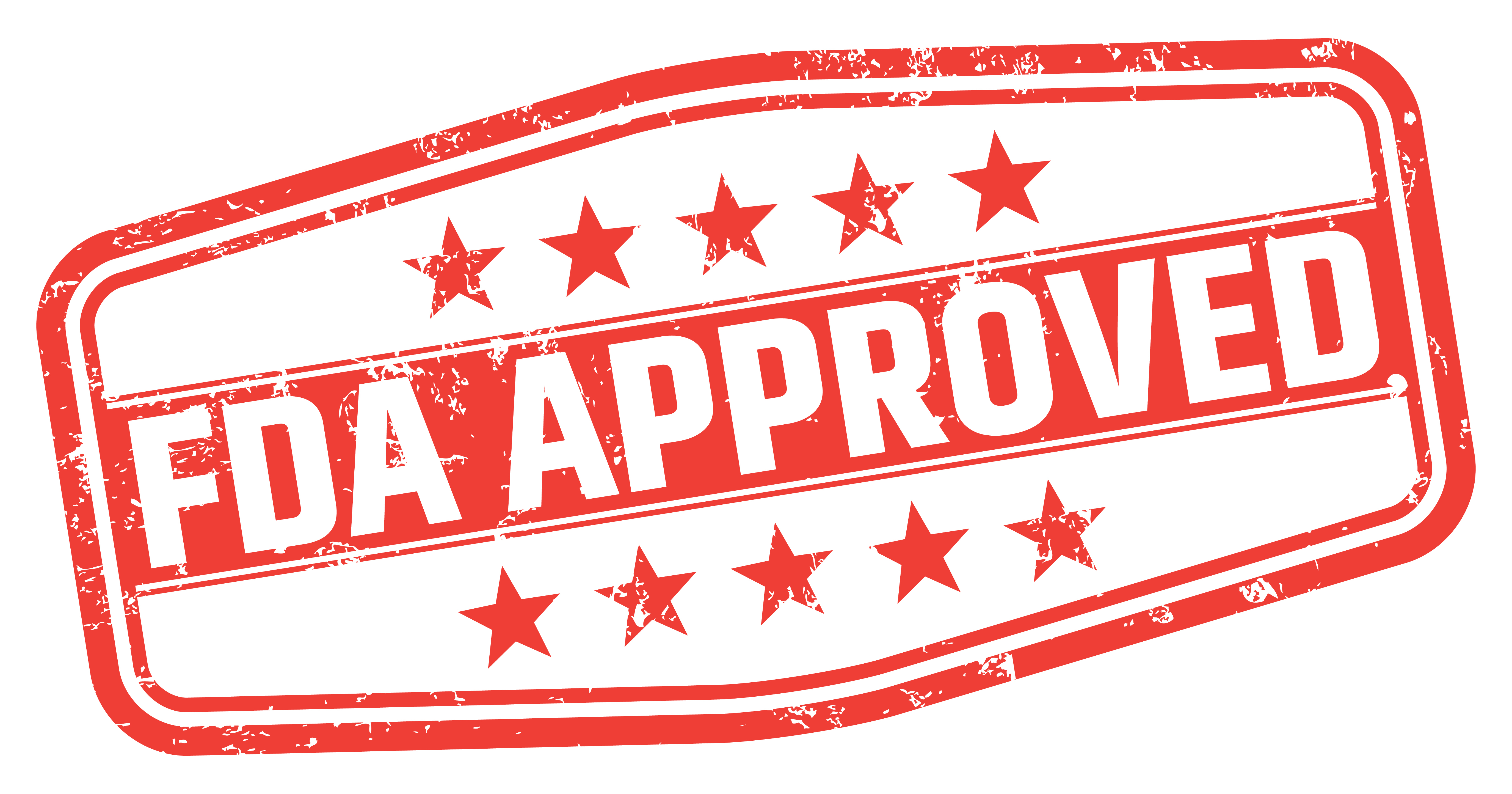FDA Approves New Ultomiris Formulation That Shortens Infusion Time
Written by |

The U.S. Food and Drug Administration (FDA) has approved a new formulation of Ultomiris (ravulizumab), a treatment for adults and children with atypical hemolytic uremic syndrome (aHUS), that allows the medication to be administered in shorter periods of time.
The new formulation also was approved for adults with paroxysmal nocturnal hemoglobinuria (PNH), another blood disorder.
Compared with its originally approved 10 mg/mL formulation, Ultomiris’ new 100 mg/mL formulation can lower the therapy’s annual infusion time by approximately 60%, without compromising its efficacy and safety. In practical terms, this means that patients receiving Ultomiris will now spend, on average, a total of six hours or less per year receiving the therapy.
“Based on the scientific evidence presented, the advanced formulation demonstrated comparable safety and efficacy to the original formulation, with the additional benefit of significantly shorter infusion times,” Jamile Shammo, MD, professor of medicine and pathology at the Rush University Medical Center, said in a press release.
“This reduced treatment burden is important to consider for patients, as it has the potential to make a meaningful difference in their lives,” Shammo said.
Marketed and developed by Alexion Pharmaceuticals, Ultomiris is a long-acting inhibitor of the C5 protein, one of the proteins of the complement system, which is part of the body’s immune system. By lowering the activity of the C5 protein, Ultomiris is expected to reduce the overactivation of the complement system, which is thought to be the underlying cause of PNH and aHUS.
The medication was first approved for the treatment of PNH, and then for the treatment of aHUS in the U.S., Europe, and Japan.
“Ultomiris is the market leader for the treatment of PNH and is emerging as the standard of care for the treatment of aHUS,” said John Orloff, MD, executive vice president and head of research and development at Alexion.
“The approval of Ultomiris 100 mg/mL represents the next step in advancing patient care for the PNH and aHUS communities, as it reduces infusion times for patients and decreases the number of vials that need to be stored and prepared for the majority of patients’ infusions, allowing healthcare providers more time to focus on the patient. With Ultomiris 100 mg/mL, most patients will spend six hours or less each year receiving treatment, giving them more time to do what they enjoy, which we believe will provide a meaningful benefit to their quality of life,” Orloff said.
According to Alexion, this new formulation of Ultomiris will become available in the U.S. in the next few days. The therapy’s original 10 mg/mL formulation will continue to be available in the country until mid 2021.
By then, it will be removed from the market and fully replaced by the new 100 mg/mL formulation. According to the company, this long transition period is meant to give patients time to adjust to the new formulation without disrupting their infusion schedules.
Alexion has already submitted applications to regulatory authorities in Europe and Japan requesting the approval of Ultomiris’ new formulation. The Committee for Medicinal Products for Human Use (CHMP), a branch of the European Medicines Agency (EMA), has recently recommended the approval of the new formulation in Europe. Alexion is expecting to receive the European Commission’s final decision in November.
The company also is planning to submit applications to the FDA and EMA in the third quarter of 2021 to request the approval of a combination of a new under-the-skin (subcutaneous) formulation of Ultomiris and an administration device that will allow patients with PNH and aHUS to self-administer the therapy at home.
These regulatory submissions are currently pending, awaiting the collection of one-year patient safety data, and the completion of an ongoing Phase 3 trial. That trial is evaluating the safety, effectiveness, and pharmacological properties of the subcutaneous formulation of Ultomiris compared with its standard intravenous formulation, in 136 adults with PNH.
Interim data from this study already showed that the subcutaneous formulation is as safe and effective at preventing the overactivation of the complement system as its standard intravenous formulation. One-year patient safety data will be provided by the study’s long-term extension study, in which all patients will receive weekly subcutaneous injections of Ultomiris for an additional period of three and a half years.





